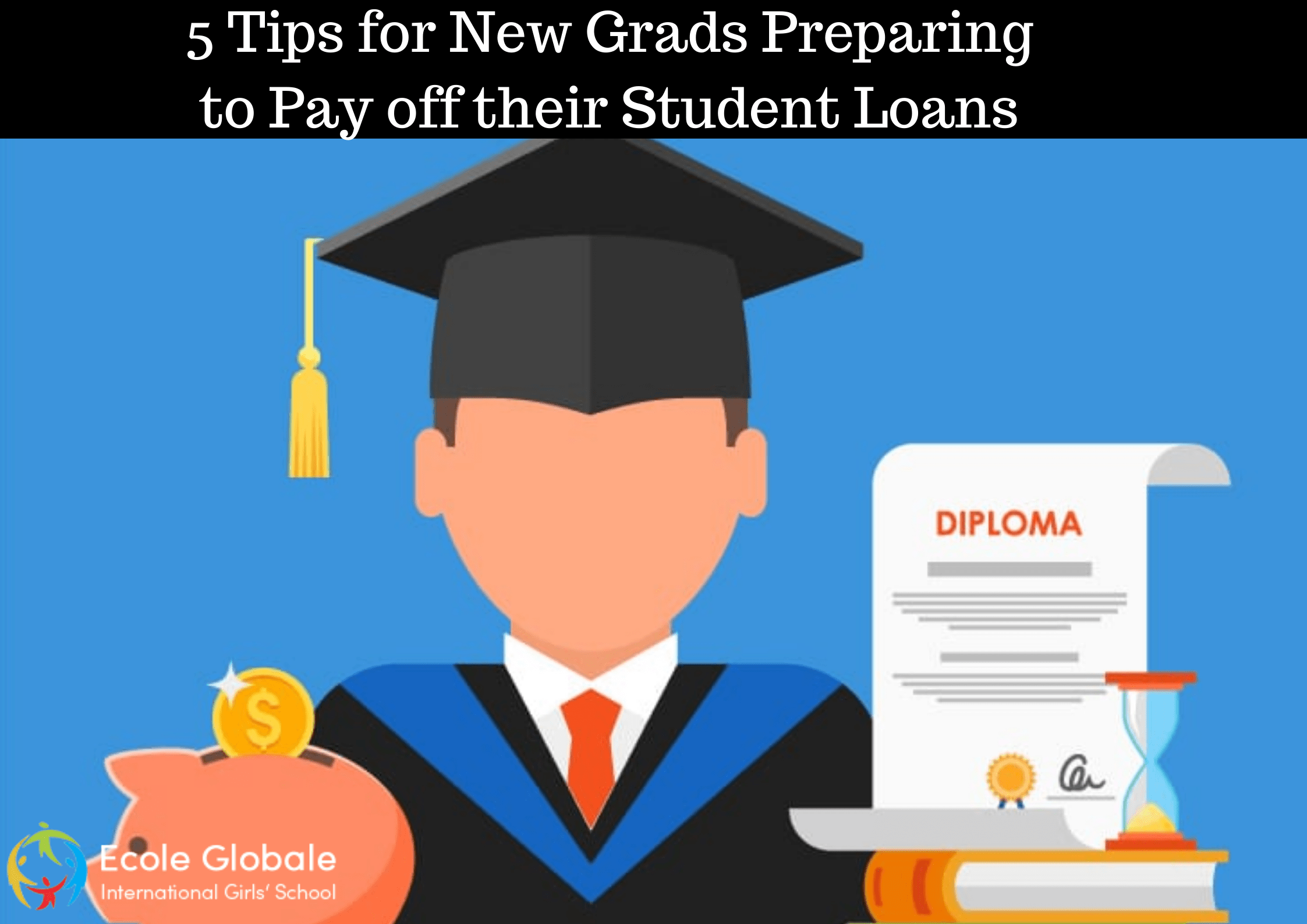Student loans are one of the most important investments you can make in your future.
This is a fact, but it’s also a little bit of a misnomer. You see, student loans aren’t an investment—they’re more like a loan that you take out with the expectation that it will pay off enormously in the long run.
With the cost of college skyrocketing, many new graduates are struggling to pay off their student loans. New graduates are entering an increasingly competitive job market.
But, student loan debt can be crippling.
Many new grads are unprepared to face the financial burden of student loans and have no idea how to pay them off.
Student loans are a financial burden that can be difficult to manage. Many students have trouble paying off their student loans because they do not qualify for a zero-interest payment plan. Student loans are also difficult to manage because of the lack of information given by lenders. Students should be given more information about their loans and how they will be paid back.
Student loans are a huge issue for people in their 20s and 30s, but there are other problems that our generation faces that are just as big—or bigger!
Student loan debt can ruin lives: people who have it can be denied jobs or housing, denied access to credit cards or car loans, or even have difficulty getting a job because their credit score is so low due to their student loans. This makes it almost impossible for them to get on their feet and live independently from their parents once they graduate college (and if you’re living with your parents after graduating from college, well you know where this is going).

5 Tips For New Grads Who Are Preparing To Pay Off Their Student Loans
As a new graduate, you’re probably feeling a little overwhelmed. You’ve got a ton to do and a lot of decisions to make. We know that paying off your student loans can seem like an afterthought—a checkbox on the “to do” list that no one wants to think about.
But we want to tell you something: paying off your student loan debt is not only possible, but it’s pretty easy when your know-how.
So here are five tips for new graduates who are ready to pay off their student loans:
1.Know when your loan payments are due:
The first step to paying off your student loans is knowing when you have to pay them back. So make sure you have a calendar handy, and mark down the date that your first payment is due. Then, every time you get a bill, write it down on there so you don’t miss anything. This is important so that you don’t miss any payments and get charged extra fees.
Also, if you know when your loan payments are due—and can set up automatic payments so that you don’t have to worry about remembering every month—then you’ll be able to focus on other things, like figuring out how much money is left over after paying for groceries and rent.
2.Determine how much you owe and to whom:
In this step, paying off your student loans is knowing exactly how much money you owe and where it’s coming from. If this sounds like a simple task, think again — many people don’t realize they’ve taken out loans until they’re already out of school and starting their careers.
If you haven’t begun tracking down all of your debts yet, begin by getting copies of each loan document from each lender that has given you a loan. This can include both federal and private lenders (if applicable) as well as any co-signers on the loan documents themselves.
3.Understand repayment options:
Repayment options vary depending on your type of loan and how much money you borrowed. Many federal loans have several different payment plans available, including income-based repayment (IBR) plans and income-contingent repayment plans (ICR). Income-based plans base monthly payments on how much money you make each month, while income-contingent plans calculate payments based on how much money you earn compared with what you owe.
The more money owed, the higher the monthly payment will be under ICR plans. Before deciding which repayment option is right for you, learn about each option and how they work. If you have several types of federal student loans, consider consolidating them into one loan so that all of your payments go toward the same balance. Then choose the plan that best fits your needs.
4. Make payments while in school:
The best way to avoid debt is to not take it on in the first place. If you know that you’re going to be taking out student loans, try not to borrow more than you need. And if possible, make payments while still in school so that the interest doesn’t pile up while you’re trying to focus on your studies.
Some loan servicers allow borrowers to make monthly payments while they’re still in school, while others don’t. If yours does, sign up as soon as possible so that you can get into a habit of making regular payments. It also gives you time to set up automatic withdrawals from your checking account so that the money is never far away when the bill comes due.
5.Start Saving:
The sooner you start saving money, the more options you’ll have when it comes time to pay off your student loans. If you wait until after graduation to start saving for your student loans, it could take years before you can afford to make a dent in your loan balance. By starting early, you can put yourself in a better position financially and have more options when it comes time to decide how much debt you can afford to pay off each month.
You’ll want to put as much money as possible toward your debt as soon as possible. That means making sacrifices so that you can put away at least 10 per cent of your income toward your loans each month. Start by setting up automatic payments to ensure that you don’t forget about them over time.

Conclusion
First and foremost, if you’ve just graduated, welcome to the working world! Hopefully, you’re excited to get started in your career, but first, don’t forget that looming student loan debt. Don’t put it off—it’s likely an important financial obligation and one that should be managed as soon as possible.
It may seem like a daunting task when you look at the numbers, but understanding your debt and developing a plan to pay it down early will make an enormous difference throughout your career. If you can pay off your loans before retirement, you’ll be able to put that money back into your savings overall. What’s more, with no student loan payments, you can focus on saving for other expenses.









